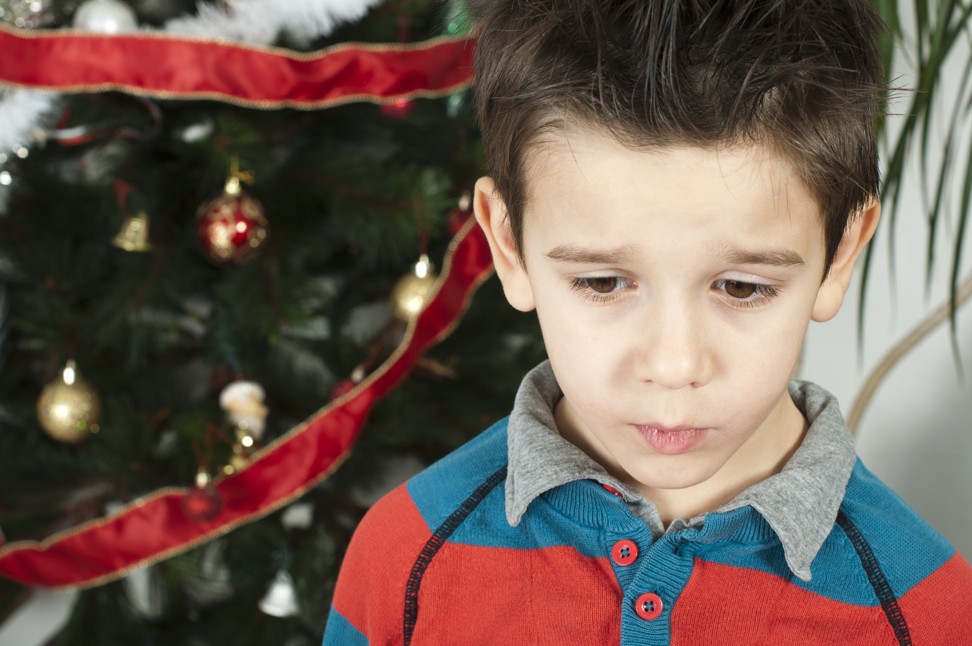
How autistic kids can have a great Christmas: tips on planning, presents, parties, scheduling and exit plans
- Christmas often signals a break from routine, which can be upsetting for people with autism who thrive on familiarity
- Let family and friends know if allowances need to be made, keep it low-key and (most importantly) be kind to yourself
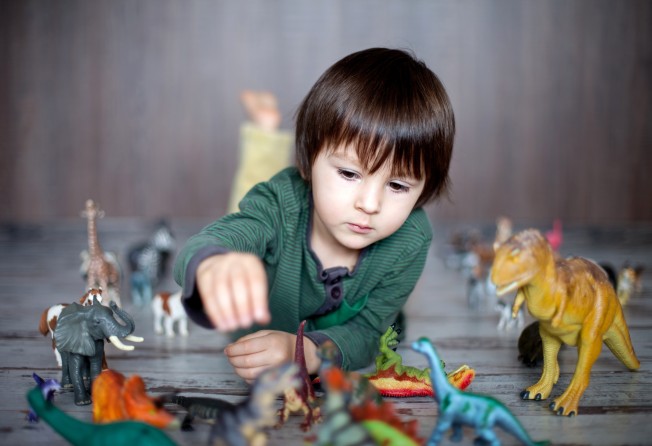
My autistic son loves to sing It’s the Most Wonderful Time of the Year.
It’s ironic because for him, and for many families like ours, the winter holidays are more like anxiety marathons than a relaxing joy-filled break. But over the years, I’ve learned that trying to understand how autistic children experience holidays and being flexible with our expectations can make these long winter breaks more joyous times for everyone.
Holidays unsettle autistic kids for legitimate reasons. If your child thrives on routine, consider how challenging this time of the year can be. There are school breaks, trips that take them outside their comfort zone, and relatives descending from afar and invading their space.
Local stores, neighbourhoods and even your own home may have holiday makeovers, which can be exciting but also disturbing if your child is of the opinion that anything different is bad. And while you may look forward to traditional holiday dinners, for autistic children (or really, autistic anybody) they can be intolerably long, talky, smelly, bright and emotionally overpowering affairs.

Our autistic children can have a much easier time navigating this seasonal chaos if we have their backs and help them cope with the disruptions or delights the holidays may bring.
They need to know we will believe them if they say (or show) that they aren’t comfortable accepting hugs, really don’t want to open presents, or can’t sit through gruelling holiday events without a fidget object, breaks or – for those who really can’t abide – taking a pass entirely.
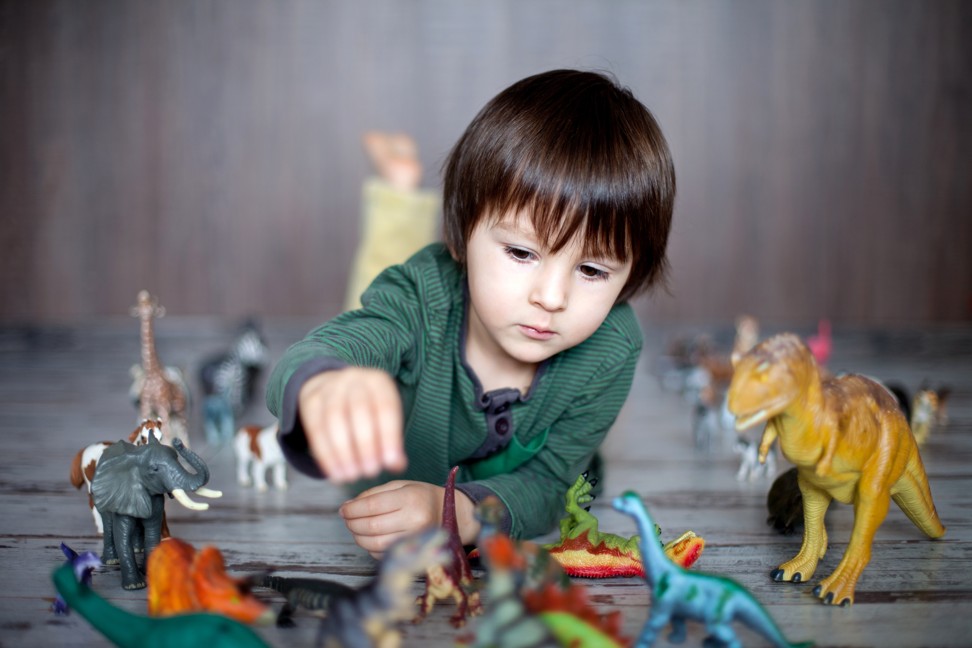
It helps if you’re not the only one on your child’s side. See if you can enlist other holiday participants as autism allies, too. Let family and friends know that it’s common for autistic children to have misophonia (an inability to tolerate noises) or prosopagnosia (difficulty recognising faces, even “familiar” ones).
Children with autism often need a few seconds (or minutes) to process greetings or questions, or they may be honest and frank in situations that call for diplomacy. Parents can remind others that these tendencies aren’t a sign of rudeness. Advise family and friends that it’s more appropriate to respond neutrally or compassionately to the child, instead of shaming them for being autistic.
If your child is passionate about specific topics, like local bus routes, Ghibli films, dinosaurs or military history, give family and friends printed information sheets or links to online FAQs so they can engage the child in conversations. And if your child likes to converse in scripts or repeat phrases, let people know that this is normal and whether a response will be expected. Also remind others that even if your child doesn’t speak in typical fashion, or at all, it’s still rude to talk about them like they’re not sitting right there.

If your traditions involve presents, I recommend avoiding therapeutic gifts, and instead making an effort to find things your autistic child will like – even if they are not typical items for a kid that age, or traditional gifts at all (for example, my son’s most desired gift for several years was green plastic Starbucks straws). Note that some children might like containers or bubble wrap better than the gifts themselves, and some autistic children might take no interest in presents. (Again, issue a reminder that it’s not rudeness.) You can also share your child’s gift preferences, if asked.
My son feels happier and more secure during the holidays when we have predictable traditions and we double down on routine. We celebrate Christmas , and when December rolls around, my son is as excited as his siblings about opening our Advent box and its 24 treat-filled drawers.
He also finds comfort in going over his icon-based schedule every morning, so he knows what to expect while regular routines are offline. (And remember that different autistic kids have different routine preferences; my friend’s son does better with video models for previews and preparation.)
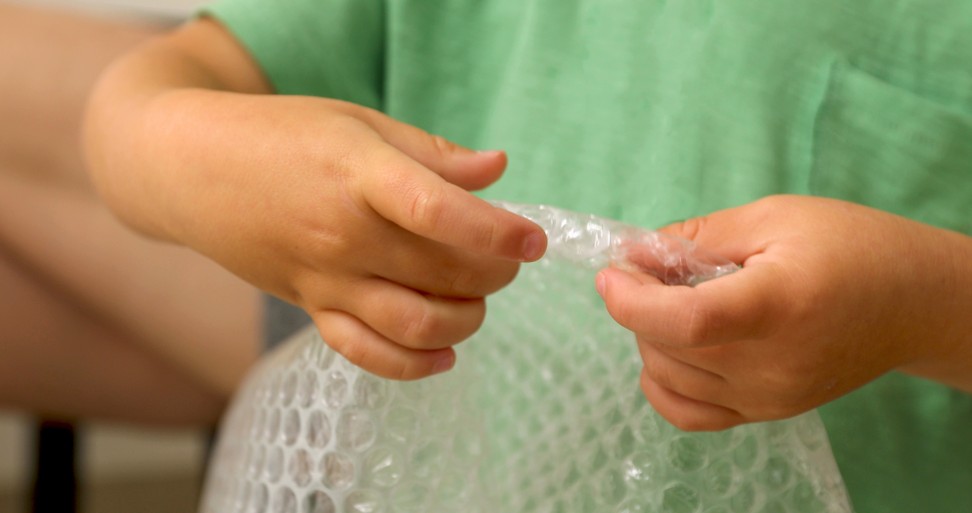
Successful holidays can also mean keeping things calm and low-key.
Another friend of mine is careful not to over-schedule her crew. I try to keep my family’s emotions in check, and I avoid or head off negatively charged exchanges. If my son finds and takes holiday treats I think I’ve cleverly hidden, I don’t yell at him. Instead, I admit he has outsmarted me, rethink my stashing strategy and move on. An autistic friend who is also the parent of an autistic teen recommends making a list of dos and don’ts for children who are rule-followers, so they don’t get into trouble for not following rules other people consider implicit.
Even with best-laid plans and understanding, your holidays may not go the way you had hoped. My son found travelling and airports intolerable for several years, so we shifted gears, stayed home, and had people come to us. Another autistic adult reminded me how easily autistic trauma is triggered, which for your child may mean they will struggle to revisit places or people they associate with difficulty.
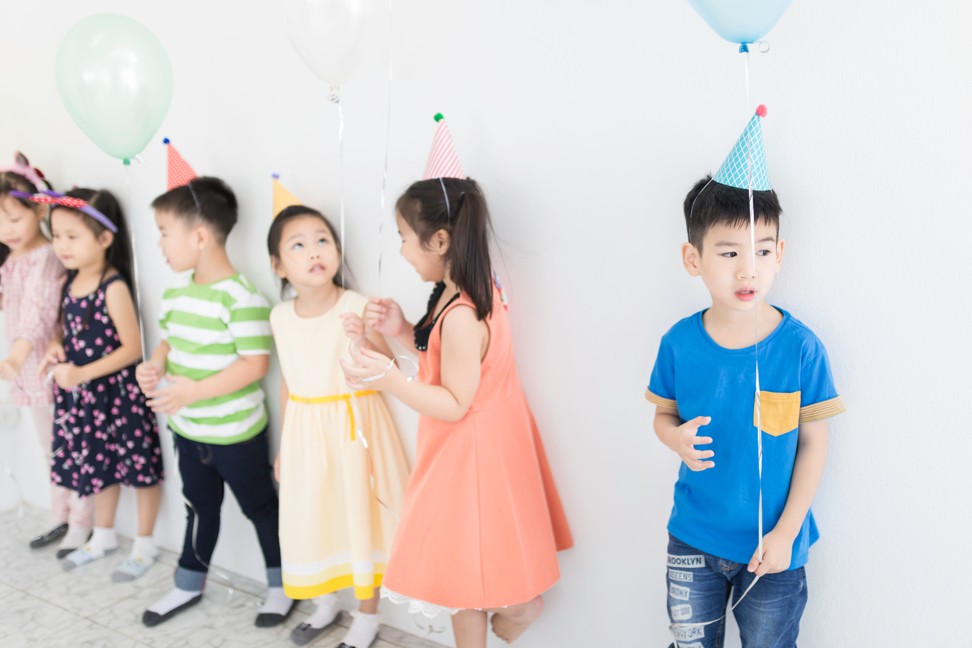
If the holidays are too much, our children may melt down, or shut down. They may lash out in what looks like anger, or withdraw entirely. If your child does lose their ability to cope, and especially if they have a meltdown, do your best to keep them safe instead of punishing them for being overwhelmed.
Know that even if your child can talk, they may not be able to tell you why they imploded or exploded, because they can struggle to identify their feelings (this is called alexithymia). They may also need time to process what happened, which means it can be impossible for them to explain what happened, or what they need, in the moment. And make sure you have an exit plan in case things go south.
My husband and I usually take two cars to events, in case our son needs to leave (or in case he’s getting close to needing to leave, which is a much easier time to make a smooth exit). It’s not fair to force an upset autistic person to stay in a situation he can no longer tolerate because of sensitivities beyond his control, and it’s nice for other family members to get to stay behind and keep enjoying themselves.
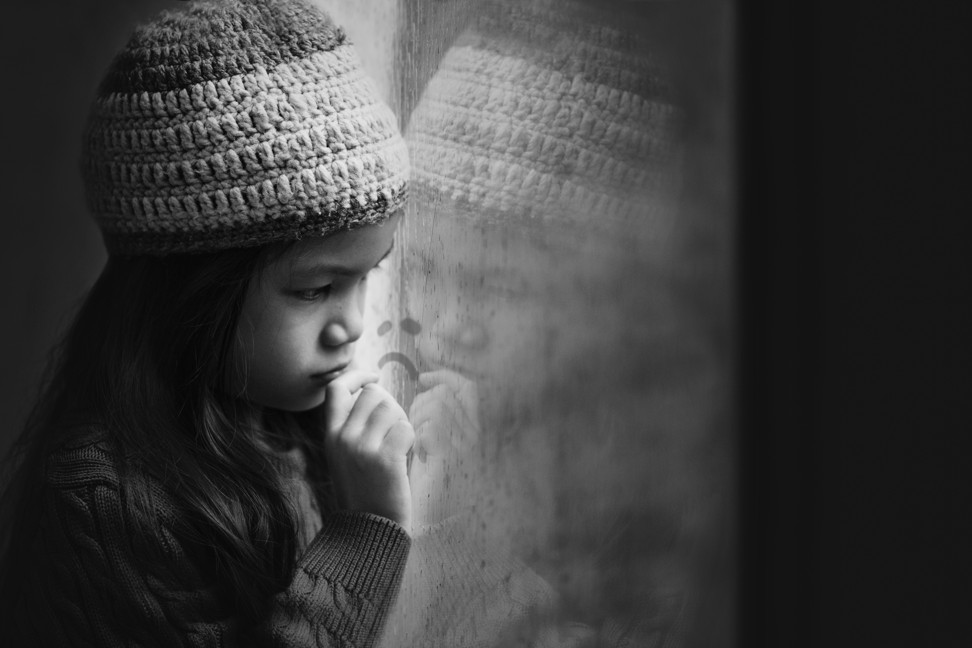
You and your autistic child are in this holiday thing together, so be kind to yourselves.
You’re probably not going to be able to fix everything. Siblings brawl, kids get overwhelmed and have meltdowns, and guests behave unforgivably. If you have a parenting partner, tag-team as needed. If you can get babysitting or respite, do it. Try to take breaks if you feel close to snapping. And remember that autistic kids do mature, and situations that are hard for them now might be achievable in a few years.
But no matter how this year goes, if you get through the holidays by accommodating your autistic child, then you can tell yourself you did your best.
The Washington Post